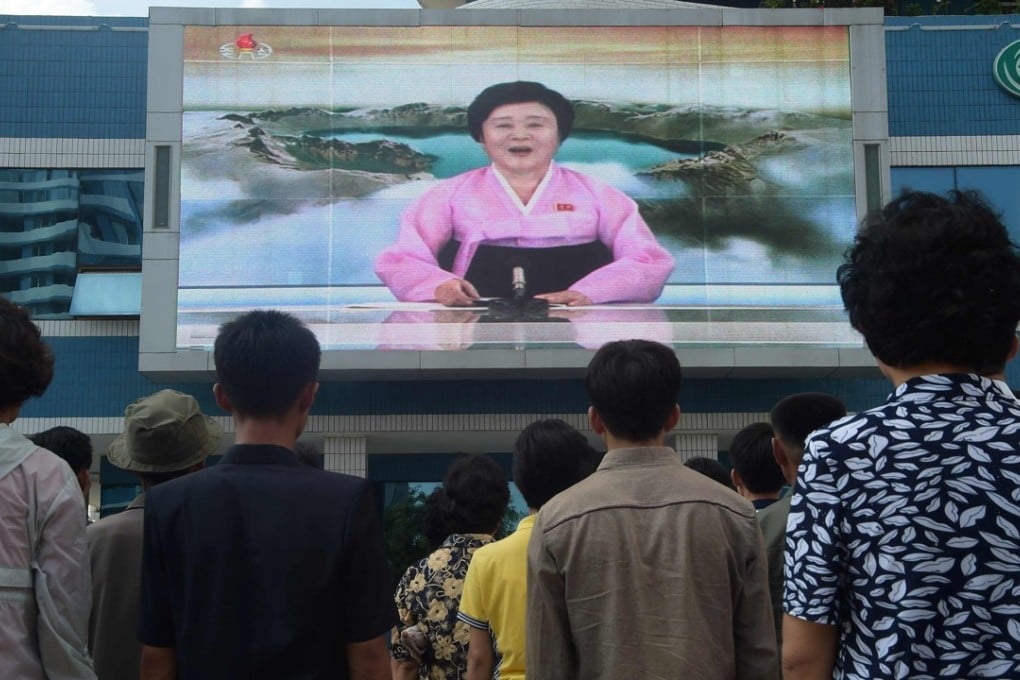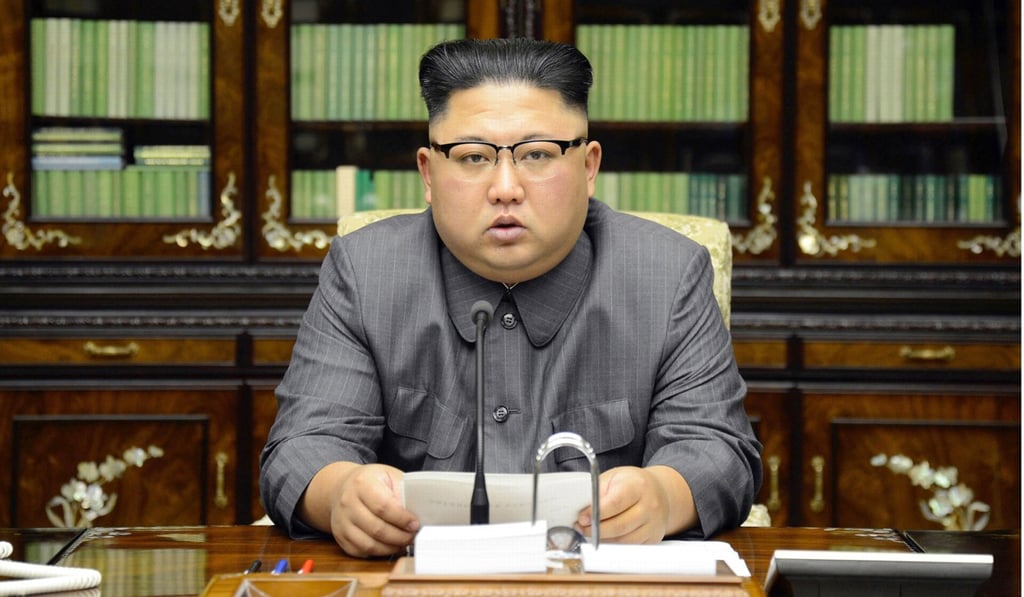From Trump’s America to communist China, contempt for history is on the rise
Philip Bowring laments the wider trend of people in power wilfully ignoring or excising bits of history to suit their own purposes. The North Korean nuclear crisis is one consequence of such disregard for facts

Self-obsession, not national interests, is evident in Trump’s promoting of North Korea to the top of the international agenda because its nuclear and missile programme is on its way to threatening the mainland US.
Trump’s threats at UN to ‘totally destroy’ North Korea demonstrate little relationship with reality
Sound national policy starts from knowing your adversaries as well as your friends – their histories, motivations, interests and objectives. History explains very readily why almost all Iranians, including the secularist foes of the clerical regime, applaud its nuclear programme, following a century of Western and Russian intervention in its affairs, and the Western-backed Iraqi invasion by America’s former friend Saddam Hussein and possession of nukes by nearby Israel and Pakistan.

Kim Jong-un brands Trump a ‘mentally deranged dotard’ in rare direct response to UN speech
That is as important to Tehran as China’s history of humiliation by the West and Japan is to Beijing.
North Korea remembers its cities being flattened by US air power and, for decades, has been only too well aware of its weakness compared with a prosperous South protected by a US military which, under General Douglas MacArthur in 1951, had come close to defying president Harry Truman in attempting to defeat the North (and China and the Soviets) to unify the peninsula. (The details of this confrontation are told in the recently published The General vs The President: MacArthur and Truman at the Brink of Nuclear War by H. W. Brands). There are more than a few people, including in South Korea, who may loathe the Kim family regime but admire Pyongyang’s refusal to give in to US and now Chinese pressure to abandon a missile and nuclear programme that has been remarkably successful.